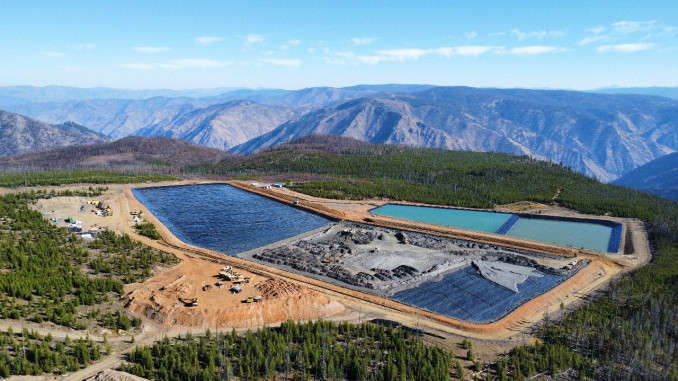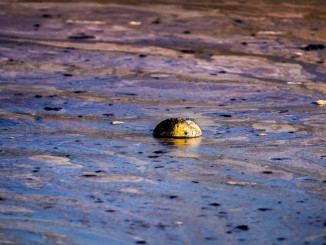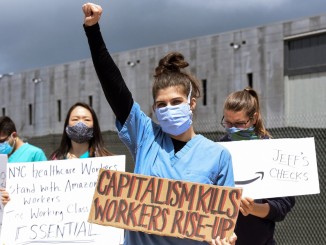
The so-called capitalist transition to green energy has a problem: it isn’t profitable to produce cobalt, a key element in the construction of lithium-ion batteries. Most of the world’s cobalt production is currently in China, which has large reserves of the metal. The U.S. government, wanting to compete with China and meet future demand for cobalt, is supporting the construction of a cobalt mine in Idaho by Jervois Global. The U.S. government has given over $28 million in subsidies to Jervois Global, an energy and mining company. But despite these substantial subsidies, the mine has yet to produce any cobalt. In fact, Jervois Global recently halted the mining project in Idaho and laid off hundreds of employees, just months before they were supposed to start production. Why? Because the price of cobalt suddenly dipped.
Jervois Global needs cobalt prices to be at least $25 a pound to make a profit, but cobalt prices are now hovering around $15 a pound. Until it becomes profitable for Jervois Global to produce cobalt, the mine will remain closed – regardless of the need for cobalt to make a green energy transition. Bryce Crocker, the CEO of Jervois, explained it exactly: “We’re a company that has shareholders that expect an economic return. We’re not a public policy instrument.”
Crocker is right: under capitalism, production isn’t supposed to be about human or environmental needs. Companies aren’t “public policy instruments.” Capitalist production has one goal: to make a profit off of our labor. If it isn’t profitable to produce a commodity, no matter how needed that commodity is, then the commodity won’t be produced.
Billionaires like Bill Gates and Elon Musk would have us believe that the solutions to the climate crisis lie with so-called green capitalism. The capitalist class wants us to believe that we can have a livable Earth and maintain this horrifying system of exploitation. But they are wrong. If the capitalists can’t even create a cobalt mine necessary to build electric batteries, why would we believe they could organize production to end the climate crisis on a worldwide scale? That task is up to us!




